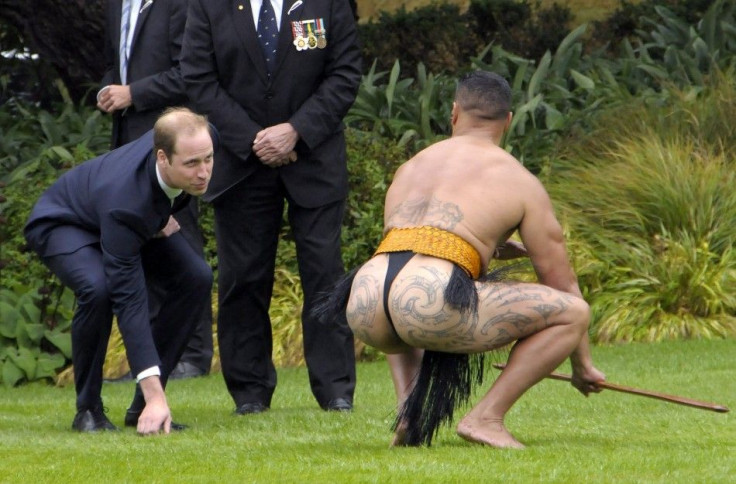Social Gap Between New Zealand Ethnic Groups 'Worsening'

Social inequality has worsened in New Zealand in the last ten years. A new research by the University of Victoria said the gap among the Pacific, European and Maori population has widened.
Dr Lisa Marriott, associate professor of accounting and commercial law, and Dr Dalice Sim, statistical consultant from the school of mathematics, statistics and operations, have analysed 21 social indicators. They compared each group of people based on measures of health, employment, standards of living, knowledge and skills, cultural identity and social connectedness.
The report revealed that New Zealand has failed to develop a strategy to effectively address the inequality between the Maori and Pacific people. Marriott said the social gap among the Maori and Pacific people, and the Europeans, has remained "large."
Reports said the biggest disparity continues to be income or job-related. Researchers have also observed increased gaps in health especially obesity, suicide and cigarette smoking. Those who earn a larger income usually have a Bachelor's degree or higher and Internet service at home.
The Maori people were seen to have improving access to education with a greater number of the population leaving school with at least an NCEA Level 2 or equivalent. However, the education gap between the European and Pacific population was observed to be widening.
Marriott said the only indicator in which no gap was observed was in tertiary education participation. She added that the number of people who have access to tertiary education have increased in all ethnic groups.
Housing affordability was seen as having worsening outcomes for the European population when compared to the Maori and Pacific people. The cost of housing for Europeans as an ethnic group in the country is 30 per cent of their disposable income, reports said.
Marriott reiterates the need for the government to pay attention to the data and stop the widening social inequality from getting worse.
The report found that among the 21 social inequality indicators, the gap in 12 areas had widened between Maori and the Europeans. The study was based on data from New Zealand's Ministry of Social Development report in 2003.





















